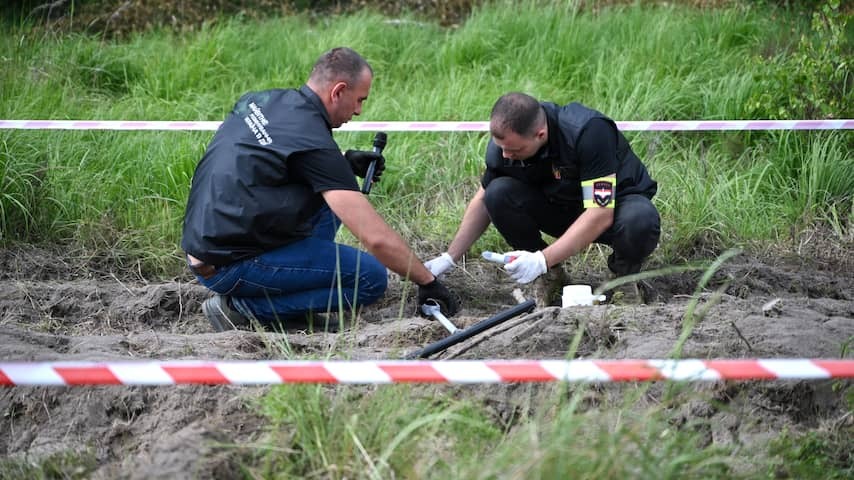
President Volodymyr Zelensky has signed a decree to withdraw Ukraine from the Ottawa Treaty against the use of landmines. This is only a first step, as parliament must now make a decision on it.
“This step has long been necessary due to the reality of the war,” writes Roman Kostenko, a member of Ukraine’s parliamentary security committee, on Facebook. “Russia is not a party to the Ottawa Treaty and is massively using mines against our military and civilians. We cannot remain bound by the treaty when the enemy has no boundaries.”
More and more countries are withdrawing from the treaty due to the increased Russian threat. For example, Estonia and Lithuania officially informed the United Nations on Friday that they are withdrawing. The parliaments of the Baltic states, Finland, and Poland also decided earlier to withdraw.
The Ottawa Treaty was signed in 1997 to regulate the production and deployment of landmines against people – so-called anti-personnel mines. The treaty contains a ban on the use, production, and storage of these mines. Participating countries must also destroy their existing stockpiles.
Russia, the United States, and China, among others, have never signed the Ottawa Treaty. The Netherlands has signed the treaty.
The use of landmines is controversial. The explosives are difficult to clear and often remain in the ground for years after a war has ended. As a result, civilians are still at risk of being hit by exploding mines for a long time.